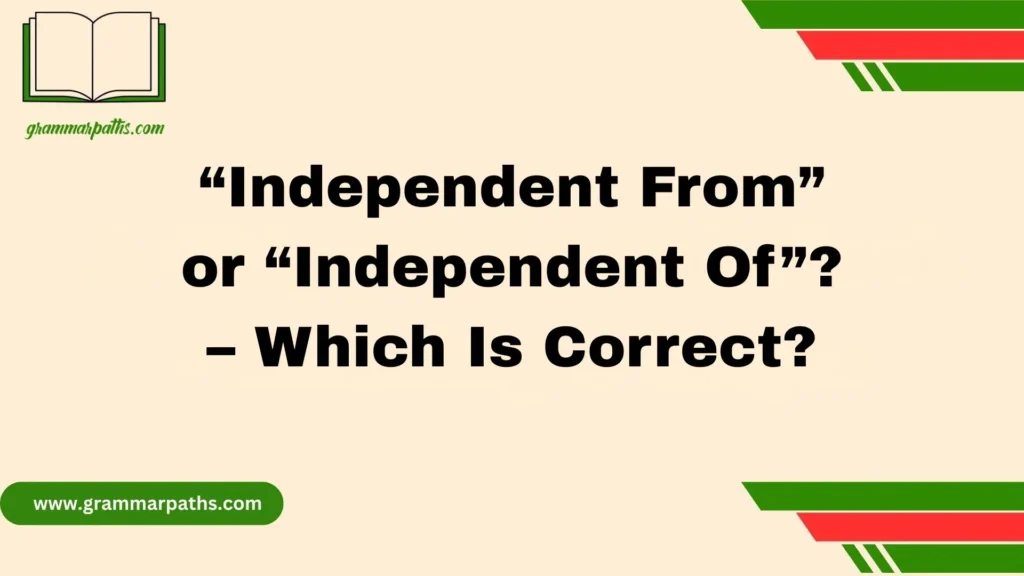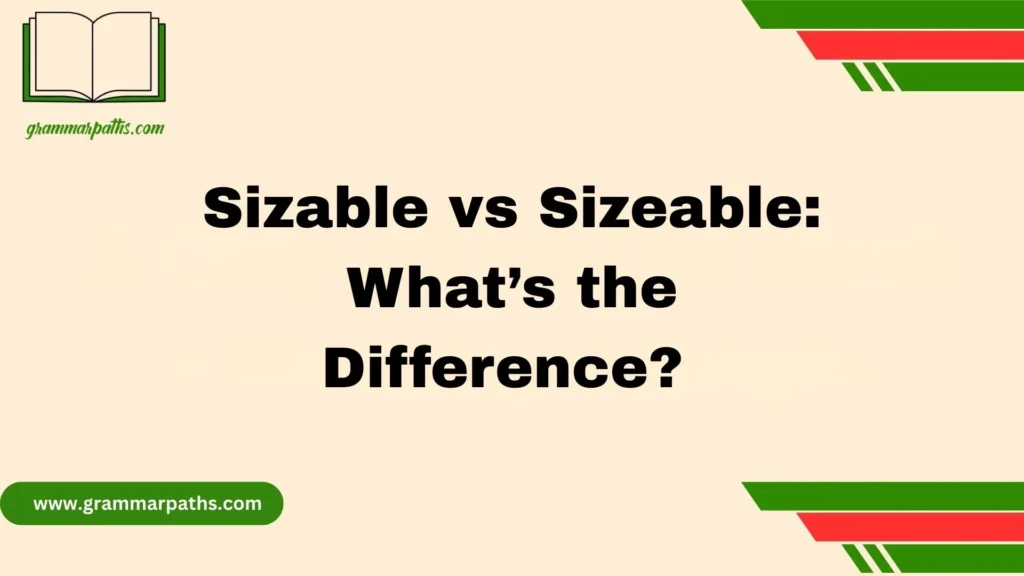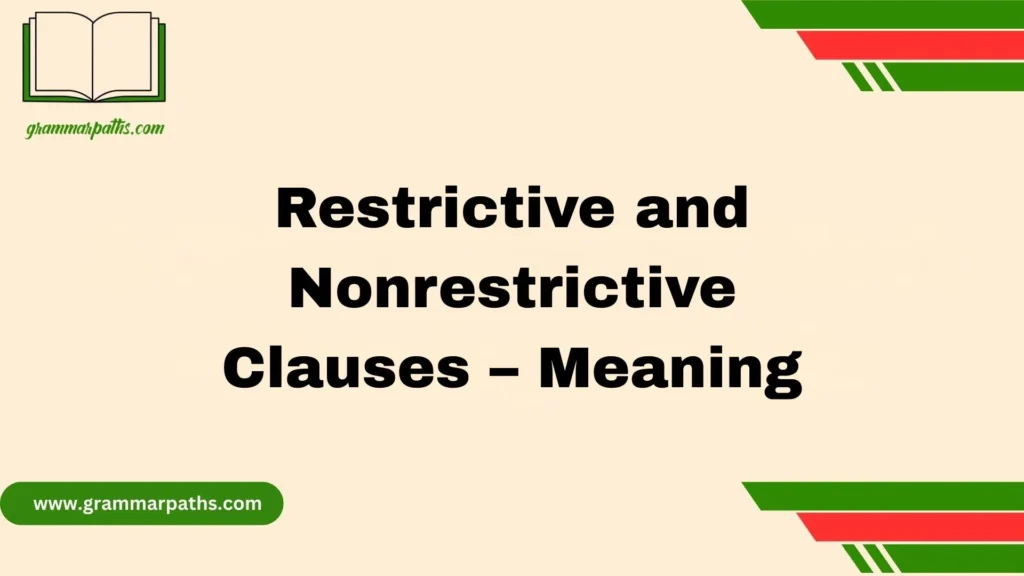Even seasoned English speakers sometimes get tripped up by homophones like Worn vs. Warn. These words sound alike, but their meanings couldn’t be more different. I’ve come across plenty of drafts where someone accidentally wrote that shoes “warn out” instead of “worn out.” It’s a tiny mix-up, but it completely throws off the sentence and can leave readers confused. That’s why getting familiar with tricky word pairs like these is so important—especially if you want your writing to sound polished and professional.
When I coach writers, I always say: don’t just memorize—learn to spot these words in context. The real secret to avoiding mistakes with homophones isn’t brute force; it’s about building awareness through real-life examples and frequent use. I usually suggest simple strategies—like making a quick note of common mix-ups or rereading for clarity. It might feel like a small issue now, but improving on things like Worn vs. Warn makes a big difference in your overall communication skills.
Whether you’re writing a blog, an email, or just chatting, paying attention to these details helps you come across as clear, smart, and confident. And the good news? The more you practice, the easier it gets!
Why “Worn” vs. “Warn” Confuses So Many People
Both words are short, share four letters, and have the same ending “-rn,” which is why many confuse them. Their pronunciation differs slightly — worn uses an /ɔː/ vowel sound, while warn has an /ɑː/ sound — but in casual speech, this difference can be subtle or overlooked.
The confusion also arises because worn is the past participle of the verb “wear,” a common verb in English, while warn is a verb meaning to give notice or caution. Misusing these can change the meaning drastically:
- Wrong: I worn you about the dangers.
- Correct: I warned you about the dangers.
Since many grammar checkers don’t always catch this mistake, writers must know the difference intuitively.
What Are Homophones and Near-Homophones?
Homophones are words that sound exactly the same but have different meanings and spellings (e.g., pair and pear). They can create confusion in writing and speaking.
Near-homophones don’t sound identical but share very similar pronunciation, making them easy to mix up. Worn and warn fall into this category because their vowel sounds differ slightly but often get blurred in natural speech.
Type Examples Definition Homophones there, their, they’re Words that sound exactly the same Near-Homophones worn, warn; accept, except Words that sound similar but not identical
Understanding this difference helps in recognizing why worn and warn are often mistaken for each other.
What Does “Warn” Mean?
Warn is a verb that means to advise someone about a potential danger, problem, or undesirable event before it happens. It carries a tone of caution or alertness.
Usage and Context
- Often used in formal and informal settings
- Common in safety instructions, news reports, and everyday advice
- Implies an effort to prevent harm or mistake by giving timely information
Examples of “Warn” in Sentences
Formal Use Informal Use The government warned citizens about the approaching storm. I warned you not to touch that! Doctors warn against smoking due to health risks. She warned me about the slippery floor.
In both settings, warn signals an alert or caution.
What Does “Worn” Mean?
Worn is the past participle of the verb “wear,” referring to the state of something after use or being carried on the body.
Usage and Context
- Indicates something has been used extensively or damaged through use
- Often describes clothing, accessories, or objects
- Also used metaphorically (e.g., “worn out” to describe tiredness)
Examples of “Worn” in Sentences
Context Example Sentence Clothing or objects His jacket was old and heavily worn. Metaphorical use She felt emotionally worn after the trip.
Related Phrases
- Worn out: extremely tired or damaged
- Well-worn: something frequently used or seen
- Time-worn: showing the effects of age
“Worn” vs. “Warn” – Key Differences at a Glance
Aspect Worn Warn Part of Speech Past participle of “wear” Verb Meaning Used or damaged through use To alert or caution Pronunciation /wɔːrn/ /wɑːrn/ Common Contexts Clothing, objects, emotions Advice, safety, alerts Example Sentence She wore a worn-out sweater. They warned us about the storm.
Tip: If you’re talking about something used or old, use worn. If you mean to give a caution or alert, use warn.
Simple Tricks to Remember the Difference
Memorizing these two words is easier with a few tricks:
- Mnemonic 1: Warn has an A for Alert. When you want to alert someone, use warn.
- Mnemonic 2: Worn has an O for Outfit — it usually relates to clothing or things you wear.
- Visualize: Picture a warning sign for warn and an old pair of shoes for worn.
- Rhyme: If you want to alert or caution, use warn without distortion. If it’s old or used with fashion worn, say it loud without caution.
Using these will make your brain associate the correct spelling and meaning quickly.
Common Mistakes and How to Avoid Them
Mistake Examples
Incorrect Correct Explanation I worn you about the deadline. I warned you about the deadline. “Warned” is past tense of warn; “worn” relates to wear. The shirt was warn and torn. The shirt was worn and torn. “Worn” describes condition of clothing.
How to Avoid
- Read sentences aloud — the context often reveals the correct word.
- Use spellcheckers with grammar suggestions but don’t rely on them fully.
- Think about the sentence meaning: is it about caution or condition?
- Keep the mnemonic devices handy until it feels natural.
Boost Your Vocabulary: Synonyms and Related Words
Expanding your vocabulary helps avoid repetitive use and sharpens your writing.
Word Synonyms for “Warn” Synonyms for “Worn” Warn Alert, caution, notify, advise, forewarn Worn Used, frayed, shabby, aged, threadbare
When to Use Synonyms
- Use alert or caution when emphasizing seriousness.
- Use frayed or shabby for describing very worn-out clothes or materials.
Real-Life Scenarios Where “Worn” and “Warn” Appear
Workplace Communication
- Warn: “The supervisor warned the team about the deadline.”
- Worn: “The team replaced the worn-out equipment last week.”
Fashion and Lifestyle Blogs
- Warn: “Experts warn that tight clothes can cause discomfort.”
- Worn: “Check out my worn jeans—perfect for a vintage look.”
Emergency Alerts
- Warn: “The weather service warns of heavy flooding.”
- Worn: Rarely used here unless describing worn safety gear.
Quick Practice Quiz – Test Yourself!
Try these to check your understanding:
- The hikers were ________ about the slippery trail. (warn/worn)
- Her shoes are old and badly ________. (warn/worn)
- I ________ him several times to finish the report early. (warn/worn)
- The jacket looked very ________ after years of use. (warn/worn)
- Officials ________ residents to evacuate immediately. (warn/worn)
Answers: 1) warned, 2) worn, 3) warned, 4) worn, 5) warned
Recap and Key Takeaways
- Worn relates to wearing or condition after use; warn means to alert or caution.
- They look and sound similar but serve completely different purposes in sentences.
- Use simple mnemonics and visualize the words to remember which one fits.
- Always consider sentence meaning and context before choosing.
- Expand your vocabulary with synonyms to enrich your writing.
FAQ Section
Is it warn or worn?
“Warn” means to give a caution or alert someone about danger. “Worn” is the past participle of “wear” and refers to something used or damaged through use.
How do you use warn?
Use “warn” when you’re telling someone about possible danger or consequences. Example: I warned him not to touch the stove.
Which is correct, wore or worn?
“Wore” is the simple past of “wear” (e.g., She wore a red dress). “Worn” is the past participle (e.g., She has worn that dress before).
What do you mean by worn?
“Worn” means something has been used, damaged, or faded due to frequent use. Example: The shoes look worn out.
What is wear worn?
“Wear” is the base verb, and “worn” is its past participle. Use “worn” with has/have/had. Example: I have worn this jacket many times.
Conclusion
Mastering the difference between “worn” and “warn” is a small but powerful step toward improving your English grammar and vocabulary. These words may sound alike, but their meanings, verb forms, and usages are completely different. “Worn” belongs to the verb “wear” and refers to something that has been used or put on, while “warn” is a separate verb that means to give a caution or alert someone. By understanding their definitions, practicing with example sentences, and reviewing grammar structures, you can eliminate confusion in both spoken and written English.

Grace Marie is the dedicated writer behind GrammarPaths.com, where she shares her passion for English grammar, idioms, and writing mastery. With a strong background in language studies and years of experience helping learners improve their communication skills, Grace creates clear, practical, and engaging content that makes English easy to understand.












